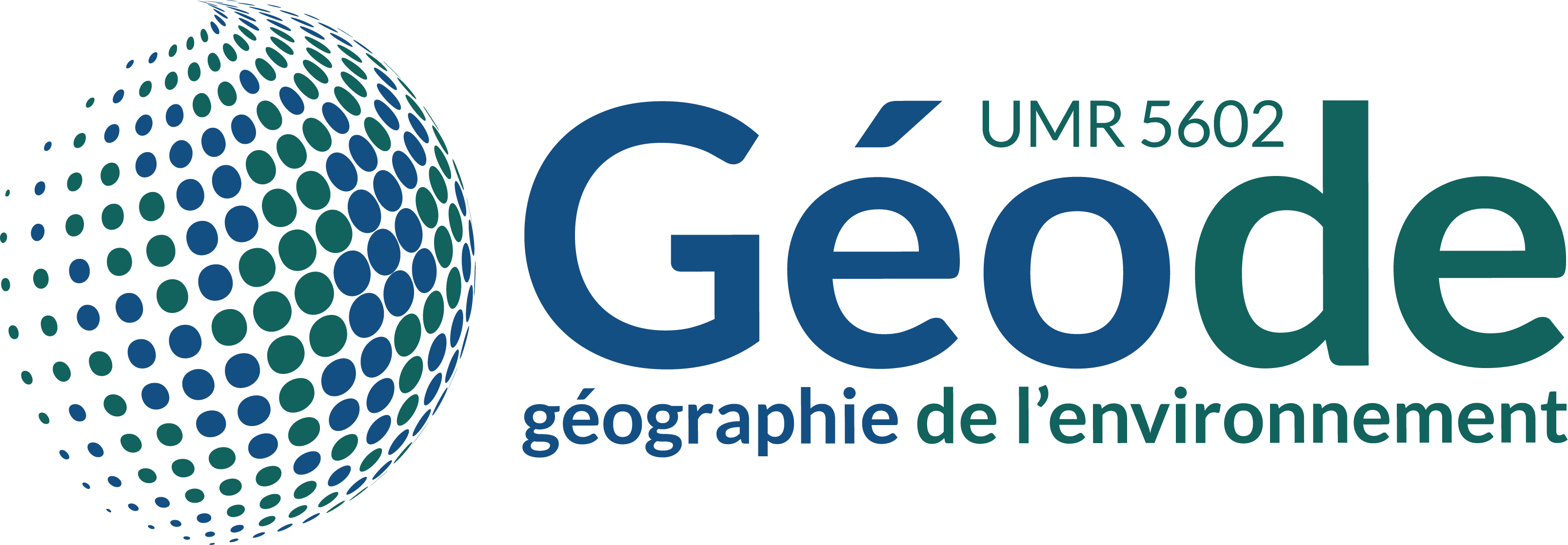-
Partager cette page
2 articles co-signés Mehdi Saqalli
Sortie de la version finale du numéro spécial : On Combining Approaches for Studying Socio-environmental Dynamics over Rural-urban Ecosystems on Mediterranean Shores dans Frontiers for sustainable cities. A ce titre deux articles dont un éditorial sont sortis

Combining approaches to study the socio-environmental dynamics of rural and urban ecosystems in the Mediterranean shores.
Mehdi Saqalli, Melio Saenz & Gil Marie Mahé
“There is nothing more practical than a good theory.” Kurt Lewin.
Analyzing complex socio-ecosystems imply formalizing approaches that integrate a wide range of factors, both qualitative and quantitative, to understand the interactions that characterize these systems. These interdisciplinary approaches should formally harmonize numerous and diverse factors and explore in a non-deterministic way their relationships which, thanks to their versatility, can be applied to a wide range of situations.
The development of such approaches requires a meticulous selection of relevant qualitative and quantitative variables, enumerating, describing, evaluating, monitoring, and combining them to extract significant trends, dynamics and breaks, including those related to the behavior of the complex systems under consideration. Usually, biophysical dynamics are easier to apprehend and the magnitudes of errors can be explained and managed more easily, tending to give priority to environmental factors while working on ecological models. However, most ecosystems on the planet are now actually socio-ecosystems where human induces and drives emergent dynamics and this cannot be ignored. Using the metaphor of an arm, social factors can be seen as the nerve of human actions, while quantitative factors are the muscles, which determine the power and weight of each arm and the dynamics they can infuse.
Lire la suite
Some like it complex: Building a common interdisciplinarity background from local experiences within the South-Mediterranean Environmental research community
Saqalli M., Chakroun H., Mahé G., Khater C., Drapeau L., Fenianos J., Cartier S., Chaabane Z. L., Probst J.-L., Saenz M
This article addresses the difficulty of introducing and establishing multidisciplinarity in environmental research within and among the South-Mediterranean environmental research national communities. Moreover, this work attends to assess the internal and external structural factors treating such complex issues in rural, urban, and peri-urban contexts as well as the connections and dependencies of these factors. Throughout a series of programs, projects, and actions that involved scientists and scholars from Algeria, France, Lebanon, Morocco, and Tunisia, some common patterns can be observed despite notable differences in environmental and political contexts. Thus, the main common issues involve funding matters (budget reductions and less versatility), administrative and social hierarchy, relatively small connections with public services and community representatives, and finally the reluctance shown by many researchers to make data available for the community. Nevertheless, the fact that national and international (Arabic and French speaking sphere) researcher's communities have progressively built mutual knowledge thanks to different collaborations is a major achievement, sustaining multidisciplinarity in environmental research. Indeed, this allowed the elaboration of sustainability metrics, demarches, and procedures for assessing environmentally and socioeconomically complex issues.
Lire en intégralité sur le site Frontiersin.org





